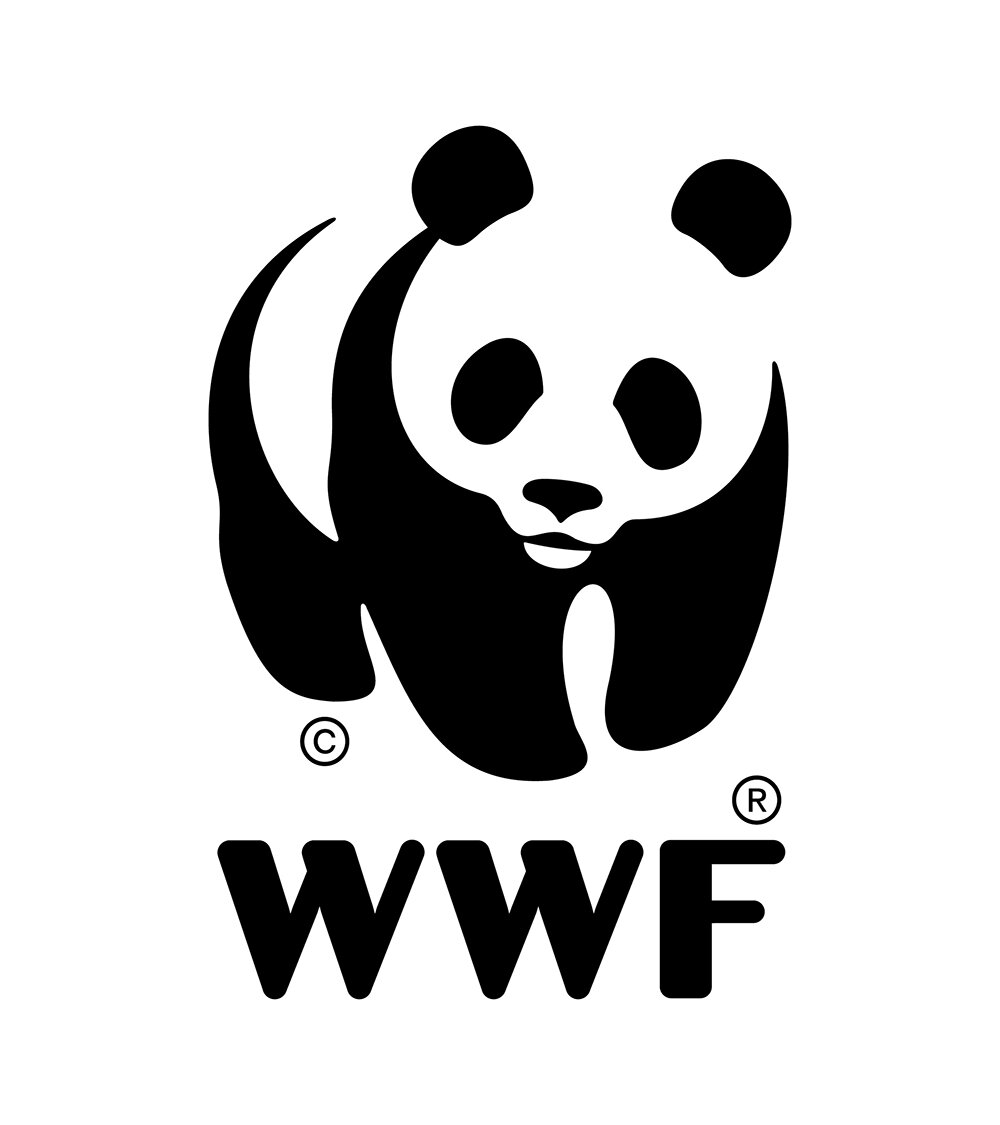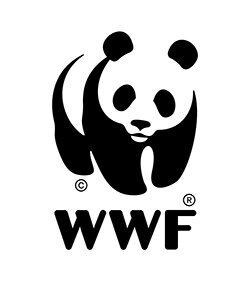Nine countries launch coalition for ocean protection in the Pacific
© Oliver Scholey/Hector Skevington-Postles/Silverback/Netflix
The new agreement supports WWF’s call to protect blue corridors in the Eastern Pacific
Today, nine countries agreed to establish a network of ecologically interconnected marine protected areas (MPAs) along the Pacific coast of the Americas, from Alaska to Patagonia.
The "Americas for the Protection of the Ocean" coalition, led by Chilean President Gabriel Boric and Canadian President Justin Trudeau, was signed by the United States, Mexico, Costa Rica, Panama, Colombia, Ecuador, Peru, with the support of WWF and other NGOs at the Ninth Summit of the Americas.
The aim is to coordinate actions between countries to contribute to the protection and sustainability of ecosystems, as well as improve governance in marine protected areas.
The "Americas for the Protection of the Ocean" coalition expands upon existing conservation projects in the region, including the Eastern Tropical Pacific Marine Corridor (CMAR)—an initiative declared by Panama, Ecuador, Colombia, and Costa Rica in 2004 to establish a fishing-free network of interconnected national MPAs—protecting more than 500,000 km2 of ocean habitats in one of the world’s most important migratory routes for whales, sea turtles, sharks and rays.
Protecting Blue Corridors, a WWF report released in February 2022 with over 50 science partners worldwide, highlights the importance of cross boundary solutions, including connected networks of marine protected areas. Providing the first truly comprehensive look at whale migrations across all oceans, the report outlines how whales are encountering multiple and growing threats in their critical ocean habitats—areas where they feed, mate, give birth, and nurse their young – and along their migration superhighways, or ‘blue corridors’.
Chris Johnson, Global Lead for WWF’s Protecting Whales & Dolphins Initiative, said "This new coalition is an example of the international collaboration we need to preserve ecological connectivity for whales across their ranges. This bold initiative supports action to connect networks of protected areas across national and international waters covering at least 30 per cent of our ocean by 2030 and indicates what the future might hold for the protection of marine ecosystems.”
The Initiative is scaling up efforts to establish an ‘Eastern Pacific Blue Corridor’ for migratory whales. The Eastern Pacific Blue Corridors Action Plan, to be released in 2023, will provide advice for government and policymakers, connecting the seas of all Eastern Pacific countries recommending critical actions needed to mitigate and manage growing transboundary threats. The plan brings together scientists, civil society, fisheries, and national governments to identify priority areas for conservation and solutions for whales whose critical habitats from the Arctic, to Mexico, Central America, Colombia, Ecuador, Peru, Chile and the Antarctic.
"The formation of this coalition is very relevant to advance in the protection of our seas at the regional level. As WWF, we are fully willing to collaborate and participate in this initiative. Establishing marine corridors for whales are urgently needed for in their conservation on an oceanic scale” said Yacqueline Montecinos, coordinator of Marine Biodiversity and Ocean Policies of WWF Chile.
Infographic from the WWF Protecting Blue Corridors Report.



